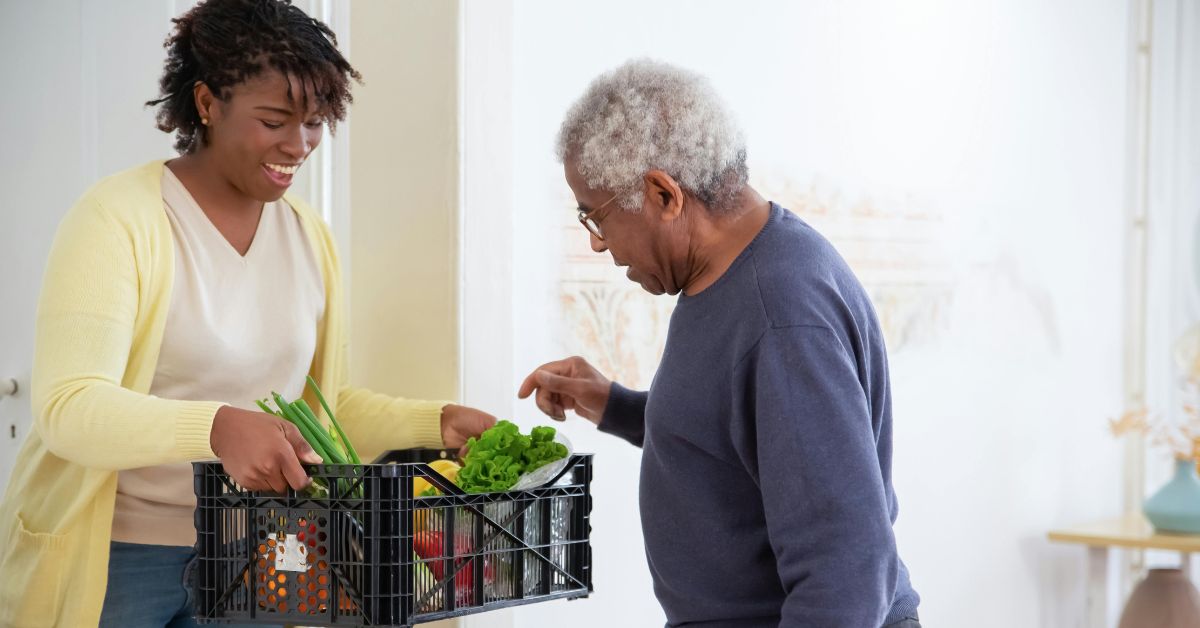Introduction: The Unexpected Joy of Giving
Have you ever felt an emotional warmth after helping someone, even in a small way? This isn’t just a fleeting feeling—it’s backed by science. The art of giving goes beyond improving lives—it boosts your own happiness too. In a world often focused on self-gain, why giving makes you happy might come as a surprise, but its benefits are powerful, emotional, and even measurable.
The Science Behind Giving and Happiness
Modern neuroscience confirms what many ancient philosophies have long believed: giving triggers happiness. According to MRI scans, when you give to others, the reward centers of your brain light up. This is known as the “warm-glow effect”, and it’s a genuine psychological response.A famous study gave participants a small amount of money. One group spent it on themselves, and another gave it to others. Unsurprisingly, those who spent on others reported feeling significantly happier. The act of prosocial spending delivered more emotional satisfaction than self-spending.
Global Research Supports the Power of Giving
A 2010 cross-cultural study involving over 130 countries asked people, “Have you donated money to charity in the past month?” Across 122 countries, those who had donated were consistently happier, regardless of income level. In fact, the happiness boost from giving was comparable to doubling household income.
These findings prove that the emotional benefits of giving are universal. It doesn’t matter where you live or how much you have—generosity improves mental health, reduces stress, and increases life satisfaction.
Why Giving Feels Good: Emotional & Mental Health Benefits
Here’s why giving makes you feel good on a deeper level:
Releases dopamine and oxytocin – chemicals linked to pleasure and bonding
Reduces anxiety and depression – especially when helping causes you care about
Creates a sense of purpose – giving makes life feel more meaningful
Strengthens relationships – generosity fosters trust and connection
Builds emotional resilience – giving helps people feel empowered and hopeful
The psychological effects of giving are profound and long-lasting. It’s not just about charity; it’s about fulfillment, connection, and joy.
How to Practice Giving in Everyday Life
You don’t need millions to feel the benefits. Here are simple ways to practice generosity daily:
Volunteer your time to local causes or community events
Donate to effective charities with a proven impact
Offer emotional support to friends or strangers
Give compliments or words of encouragement
Pay it forward—even small acts can change someone’s day
Giving doesn’t always mean money. Sometimes, time, empathy, and kindness are even more valuable.
Real-Life Inspiration: Giving That Transforms
Members of effective altruism communities, such as Giving What We Can, report that donating a portion of their income is not a sacrifice—it’s a joy. They consistently emphasize the emotional satisfaction of knowing their money is making a real-world impact.
When you give meaningfully, you don’t just improve others’ lives—you transform your own.
Final Thoughts: Give More, Live Better
The next time you hesitate before donating or helping someone, remember: giving improves your well-being too. Whether it’s through kindness, charity, or generosity, the art of giving is a powerful path to happiness.
So why wait?
Start giving—not just for the world, but for your own heart.




